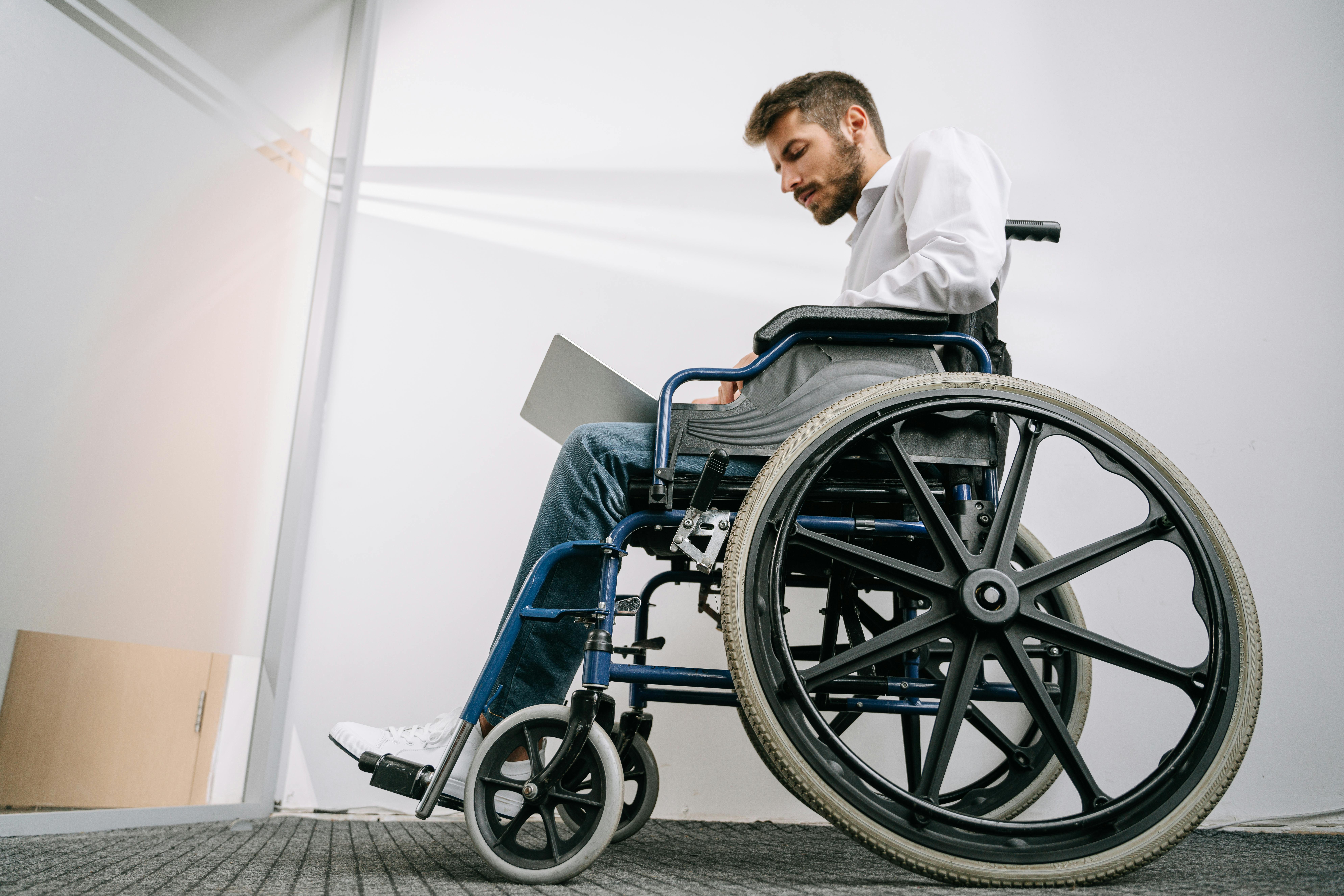Introduction
When the world feels like it’s watching, every glance, every question, every pause can echo louder than words. For many living with physical disabilities, relationships, whether romantic, familial, or friendships, come tangled with unspoken fears, judgments, and stigma.
These are the quiet battles no one talks about: the assumptions that cloud connection, the isolation that shadows intimacy, and the yearning to be seen beyond labels. Breaking stigma in physical disabilities and relationships means opening doors to understanding, courage, and compassionate bonds.
Whether you’re a parent guiding a child, an adult navigating new realities, or a carer supporting a loved one, this conversation is for you, offering hope, empathy, and practical insights to transform how we connect.
Understanding the Experience
The Weight of Stigma in Physical Disability
physical disability stigma often feels like an invisible wall between desire and acceptance. Society’s assumptions, that people with disabilities are helpless, less desirable, or burdensome, can shadow relationships before they even begin. Stigma is not just external; internalized stigma weighs heavily, whispering doubts that erode self-esteem and confidence.
Consider David, newly diagnosed with a mobility impairment. He hesitated to pursue dating, haunted by fears of rejection. Yet, when he met Maya, who embraced his confidence over his wheelchair, it shattered old stories. “The world was quieter with her,” he said, a testament to how acceptance can transform loneliness into love.
Or imagine Alicia, a mother who grieved the early loss of friends who couldn’t see beyond her son’s disability. Through therapy and community, she found a new rhythm of connection, one that valued honesty above all.
Emotional + Social Impact
Relationships shape our emotional world, but stigma can fracture these bonds. People with physical disabilities often face exclusion and misunderstanding, which can heighten anxiety, depression, and sense of isolation.
Family dynamics may strain under unspoken tensions or cultural stigmas. Caregivers can feel unseen and overwhelmed while wanting their loved ones to be whole and accepted.
Top 5 Ways to Cope and Support:
Reframe stigma as a societal issue, not a personal failing
Seek counseling or peer support to build resilience
Foster open communication about feelings and boundaries
Cultivate communities that celebrate difference rather than minimize it
Use tools like the My Special Needs app to track emotional wellbeing and relationship milestones
By nurturing empathy and self-compassion, relationships can grow stronger, not despite disability, but through it.
Practical Guidance and Solutions
Breaking stigma takes intentional effort and supportive strategies. Here are ways to build healthier relationships:
Therapeutic Support: Couples or family therapy can create safe spaces to address fears, communication challenges, and stigma-related wounds. Specialists trained in disability contexts offer deeper understanding.
Educational Resources: Learning about disability rights, social attitudes, and stigma psychology empowers advocates to challenge misconceptions and create welcoming spaces.
Community Engagement: Joining disability-positive groups, social meetups, or support forums combats isolation and fosters belonging.
Communication Tools: Using apps like My Special Needs to log moods, plan social activities, or share care preferences helps maintain connection and clarity.
Empowerment Practices: Encourage self-advocacy and celebrate personal strengths to dismantle internalized stigma and build self-esteem.
Each relationship is unique; the common thread is kindness, toward oneself and others.
Real Connection & Community
No one should face stigma alone. Across the globe, communities weave safety nets of shared stories, acceptance, and celebration. Platforms fostering peer support, local advocacy groups, and inclusive spaces offer healing and friendship.
True connection happens when vulnerability is met with kindness, and stigma is replaced with dignity. Be around people who give positive vibes.
See our blog on Best Disability Communities in Australia
Conclusion
Breaking stigma in physical disabilities and relationships is an act of courage and love. As we dismantle old biases and nurture empathy, new pathways emerge for authentic connection and belonging.
With practical tools, community support, and gentle communication, relationships can thrive, rooted in respect, hope, and understanding.
Download the My Special Needs app to stay supported and connected, for free. Because care should feel human, not clinical. Download My Special Needs today, and find calm, connection, and community, one day at a time.


